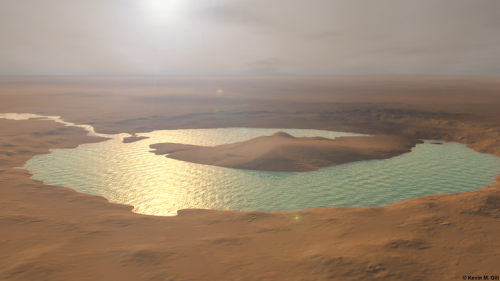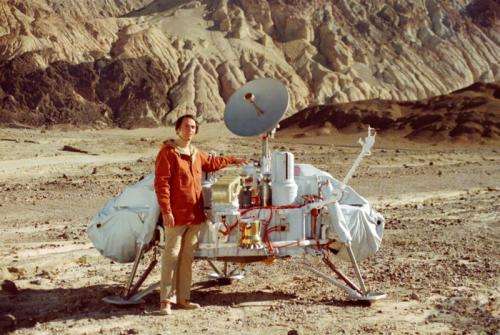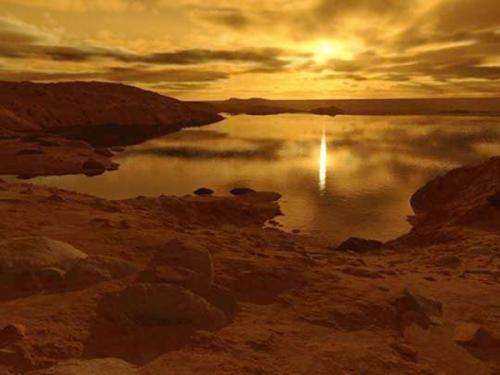Why don't we search for different life?

If we really want to find life on other worlds, why do we keep looking for life based on carbon and water? Why don't we look for the stuff that's really different?
In the immortal words of Arthur C. Clarke, "Two possibilities exist: either we are alone in the Universe or we are not. Both are equally terrifying."
I'm seeking venture capital for a Universal buffet chain, and I wondering if I need to include whatever the tentacle equivalent of forks is on my operating budget. If there isn't any life, I'm going to need to stop watching so much science fiction and get on with helping humanity colonize space.
Currently, astrobiologists are hard at work searching for life, trying to answer this question. The SETI Institute is scanning radio signals from space, hoping to catch a message. Since humans use radio waves, maybe aliens will too. NASA is using the Curiosity Rover to search for evidence that liquid water existed on the surface of Mars long enough for life to get going. The general rule is if we find liquid water on Earth, we find life. Astronomers are preparing to study the atmospheres of extrasolar planets, looking for gasses that match what we have here on Earth.
Isn't this just intellectually lazy? Do our scientists lack imagination? Aren't they all supposed to watch Star Trek How do we know that life is going to look anything like the life we have on Earth? Oh, the hubris!
Who's to say aliens will bother to communicate with radio waves, and will transcend this quaint transmission system and use beams of neutrinos instead. Or physics we haven't even discovered yet? Perhaps they talk using microwaves and you can tell what the aliens are saying by how your face gets warmed up. And how do we know that life needs to depend on water and carbon? Why not silicon-based lifeforms, or beings which are pure energy? What about aliens that breathe pure molten boron and excrete seahorse dreams? Why don't these scientists expand their search to include life as we don't know it? Why are they so closed-minded?
The reality is they're just being careful. A question this important requires good evidence. Consider the search for life on Mars. Back in the 1970s, the Viking Lander carried an experiment that would expose Martian soil to water and nutrients, and then try to detect out-gassing from microbes. The result of the experiment was inconclusive, and scientists still argue over the results today. If you're going to answer a question like this, you want to be conclusive. Also, getting to Mars is pretty challenging to begin with. You probably don't want to "half-axe" your science.

The current search for life is incremental and exhaustive. NASA's Spirit and Opportunity searched for evidence that liquid water once existed on the surface of Mars. They found evidence of ancient water many times, in different locations. The fact that water once existed on the surface of Mars is established. Curiosity has extended this line of research, looking for evidence that water existed on the surface of Mars for long periods of time. Long enough that life could have thrived. Once again, the rover has turned up the evidence that scientists were hoping to see. Mars was once hospitable for life, for long periods of time. The next batch of missions will actually search for life, both on the surface of Mars and bringing back samples to Earth so we can study them here.
The search for life is slow and laborious because that's how science works. You start with the assumption that since water is necessary for life on Earth, it makes sense to just check other water in the Solar System. It's the low hanging fruit, then once you've exhausted all the easy options, you get really creative.
Scientists have gotten really creative about how and where they could search for life. Astrobiologists have considered other liquids that could be conducive for life. Instead of water, it's possible that alternative forms of life could use liquid methane or ammonia as a solvent for its biological processes. In fact, this environment exists on the surface of Titan. But even if we did send a rover to Titan, how would we even know what to look for?

Source: Universe Today




















